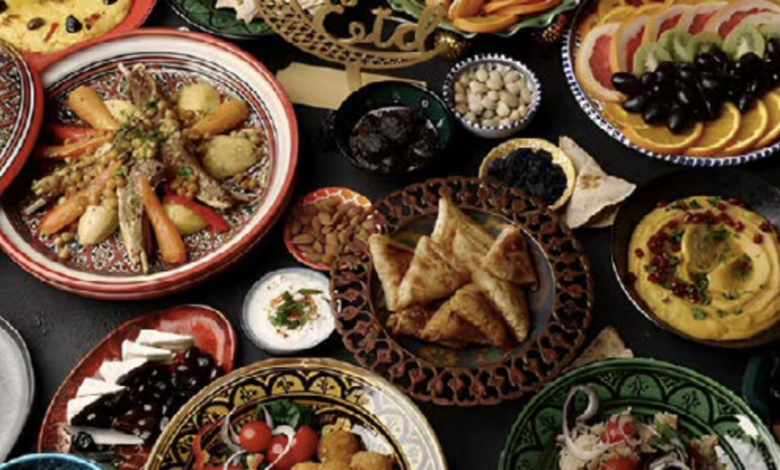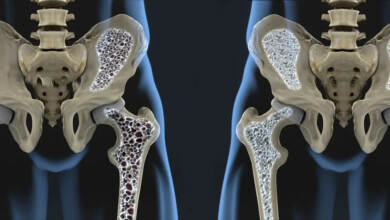Nourishing little hearts: the importance of balanced nutrition for toddlers

By Ashraf Kitaka
In Islam, the health and well-being of children is a responsibility entrusted to parents, and part of this care involves gratitude for the resources Allah has provided to nourish them. Allah (SWT) says in the Qur’an, “Then eat of what Allah has provided for you, which is lawful and good. And be grateful for the favour of Allah, if it is indeed Him that you worship.” (Qur’an 16:114).
Just as Allah encourages us to consume the good things He has given, parents are also entrusted to ensure their children benefit from a variety of nourishing foods, fostering healthy growth and gratitude from an early age.
Imagine your toddler’s growth like building a strong, lasting house: each type of food is like a different building material. Protein is the foundation, vitamins are the walls, minerals are the support beams, and healthy fats are the roof. Just as a builder wouldn’t rely only on bricks or wood to construct a sturdy home, a diet limited to one or two foods cannot give your child all they need to grow and develop fully.
By offering a variety of foods, you’re adding all the “materials” needed to build a strong, resilient structure, setting up your child with a solid foundation for life. Balanced nutrition during the toddler years, which span from ages 1 to 3, is essential for proper growth in every area: physical, cognitive, and emotional. This period is a unique window in which good nutrition can directly shape a child’s health,
development, and even lifelong habits.
Balanced nutrition involves a combination of macronutrients; proteins, carbohydrates, and fats as well as vital micronutrients, such as vitamins and minerals, all of which play unique roles. Proteins support growth and repair; carbohydrates provide energy for active toddlers, and fats are crucial for brain development. For example, foods like eggs, beans, millet, and bananas are simple and accessible choices rich in these nutrients, especially within Uganda. Micronutrients, such as vitamins A, C, and D and minerals like iron and calcium, further help toddlers develop strong immunity, bones, and cognitive abilities.
Islam places high value on health, seeing it as a trust (amanah) from Allah. In the Qur’an, Allah advises, “Eat and drink, but do not be excessive. Indeed, He likes not those who commit excess” (Qur’an 7:31). This guidance encourages a balanced approach to feeding toddlers: offering enough variety to nourish them without excess or reliance on one type of food.
By establishing a routine where children eat a variety of foods, parents can also introduce them to key practices, such as beginning with Bismillah (In the name of Allah) and ending with Alhamdulillah (Praise be to Allah), to foster gratitude, aligning with the hadith that the believer who eats with gratitude receives the reward of fasting patiently (Sahih Muslim).
When children eat a balanced diet, they benefit in many ways. Physical growth is supported, as nutrients aid in strengthening bones, muscles, and immunity. Cognitive and brain development, essential for memory, focus, and learning, also depend on proper nutrition.
The child has a right upon the parents, to be fed and nourished well. Parents can further support this responsibility by introducing various local, healthy foods that provide essential vitamins, minerals, and energy. Practical tips for balanced nutrition include offering a combination of grains, proteins, vegetables, and fruits, avoiding processed foods, and incorporating snacks that add value, like fruit slices or yogurt. It is also important to avoid common pitfalls such as excessive sugar or processed foods, which can interfere with a toddler’s development and health.
When faced with picky eating, patience and gentleness are encouraged, allowing the child time to adjust rather than forcing.
Cleanliness, another central Islamic principle, is also essential in food preparation to ensure safety, especially with fresh produce.
As we raise our children in accordance with Islamic teachings, let us remember that supporting their health through proper nutrition is both an act of love and worship, helping them grow strong in faith and body, Insha’Allah.






